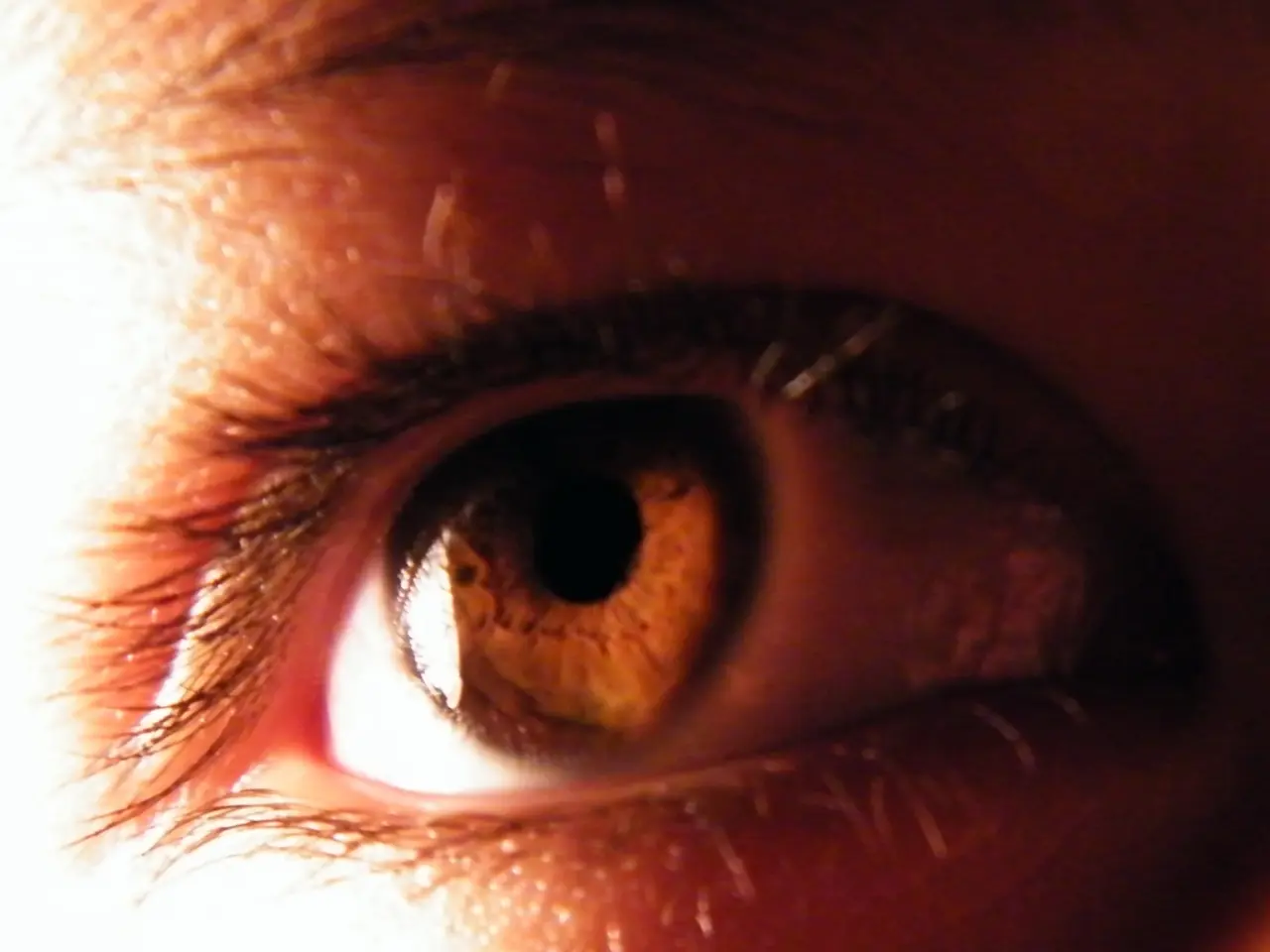Sun's Impact on Eczema: Alleviate or Aggravate?
Eczema is a common skin condition that can cause dry, inflamed, itchy, and sometimes painful patches on the skin. For people with eczema, sun protection is crucial to prevent flare-ups and maintain healthy skin.
To shield eczema-prone skin from the sun, it's recommended to use hypoallergenic, fragrance-free, and high SPF (30 to 50+) sunscreens that provide broad-spectrum UVA and UVB protection. Mineral-based formulations with zinc oxide are particularly effective, as they contain fewer harsh chemicals that can trigger a flare-up. Apply SPF 30 sunscreen 15 to 30 minutes before going outside and reapply every 2 hours.
In addition to sunscreens, protective measures include wearing protective clothing and seeking shade to minimize direct UV exposure. Breathable, loose-fitting clothing is ideal, and hats, sunglasses, umbrellas, and other shady accessories can provide additional protection.
Staying hydrated is also essential for maintaining healthy skin. Drink plenty of body and skin hydrating water. Additionally, using gentle moisturizers can help soothe irritation caused by sunburn.
Moderation is key when it comes to sun exposure for eczema-prone skin. Too much sun can lead to sunburn, premature aging, hyperpigmentation, and skin cancer. It's important to avoid further sun exposure after sunburn and keep showers or baths cool.
When choosing a sunscreen for eczema-prone skin, it's best to avoid products containing harsh chemicals. Instead, opt for hypoallergenic, fragrance-free options with a high SPF.
It's also important to remember that sunlight can help boost the skin's production of vitamin D, which is linked to skin health and immune system regulation. Getting enough vitamin D through sun exposure may help keep eczema-prone skin happy and healthy.
However, phototherapy, or ultraviolet (UV) light therapy, which is sometimes used to treat eczema that doesn't respond to topicals or other treatments, can come with side effects like sunburn, premature skin aging, and nonmelanoma skin cancers.
If you're unsure about any medications or treatments that might make your skin more sensitive to the sun, consult a dermatologist. And always remember to change out of sweaty clothes right away to prevent further irritation.
If your condition doesn't heal or worsens, consult a doctor. It's essential to take care of your skin and seek help when needed to maintain its health and happiness.
Read also:
- Is it advisable to utilize your personal health insurance in a publicly-funded medical facility?
- Dietary strategies for IBS elimination: Aims and execution methods
- Benefits, suitable dosage, and safety considerations for utilizing pumpkin seed oil in treating an overactive bladder
- Harmful Medical Remedies: A Misguided Approach to Healing






